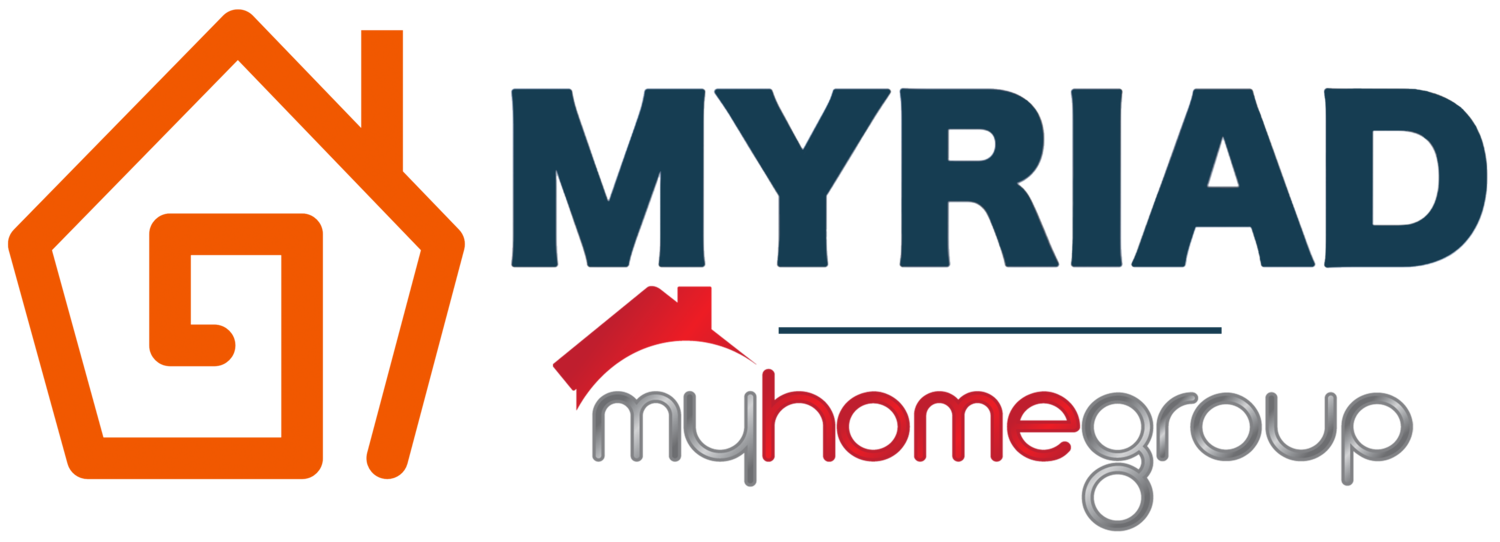Paying Off Your Mortgage Early
Want to pay off your mortgage earlier? It’s a complicated question, but here are four ways that might help you in your situation.
Refinance.
Consider refinancing with a shorter-term mortgage. These types of mortgages often carry a lower percentage point than their 30-year counterparts.
For example, you may have originally had a 30-year fixed-rate mortgage for $200,000 at 4.5 percent. Five years later, you refinance to a 15-year loan at 4 percent. This allows you to pay off the loan 10 years earlier and save you tons of money!
Although, refinancing isn’t the easiest thing to do. It does cost money, you still have to fill out an application, provide documentation, have an appraisal, and pay for closing costs. With the lower rate, comes a quicker payoff, but also a higher monthly payment. So, if you don’t have extra cash to put towards a payment, you'll be stuck. If the new interest rate is lower than the old rate, refinancing is not for you. Without the lower rate, you’ll have the same benefits if you just increase your monthly mortgage payment to a higher amount.
Pay More Monthly.
If you have the extra money, considering making just one more payment a year. If you divide your monthly principal and interest by 12, add that amount to your monthly payment for the next year. Doing so will allow you to pay off your mortgage a couple of years earlier and saves you in interest.
Prior to doing this, check with your mortgage provider to ensure that these payments will be applied correctly to the loan. Ask them the best way to do this for your situation and be sure to double-check on your next statement.
Make An Extra Payment.
If you don’t want to pay more money monthly, consider paying just one extra payment per year. You can do this by saving 1/12 of a payment every month and then making the extra payment after a 12 months. You’ll have more flexibility this way if a more pressing expense comes along.
Found Some Money?
Lastly, if you’ve found some extra money laying around, got a bonus, a tax refund, or whatever it may be, put that money towards your loan. These additional payments towards your principal will cut the interest on your loan. The downside would be that it can become irregular and hard to predict when you’ll end up actually paying off your mortgage. You also have to ensure that you don’t put too much extra money into your mortgage payments because you could run out of it if you had an emergency or needed backup.
Have more questions? Reach out to one of our preferred lenders for expert help.
And learn more about lending in our podcast with Garret Cerkvenik with JFQ Lending here.
Source: RISMedia






